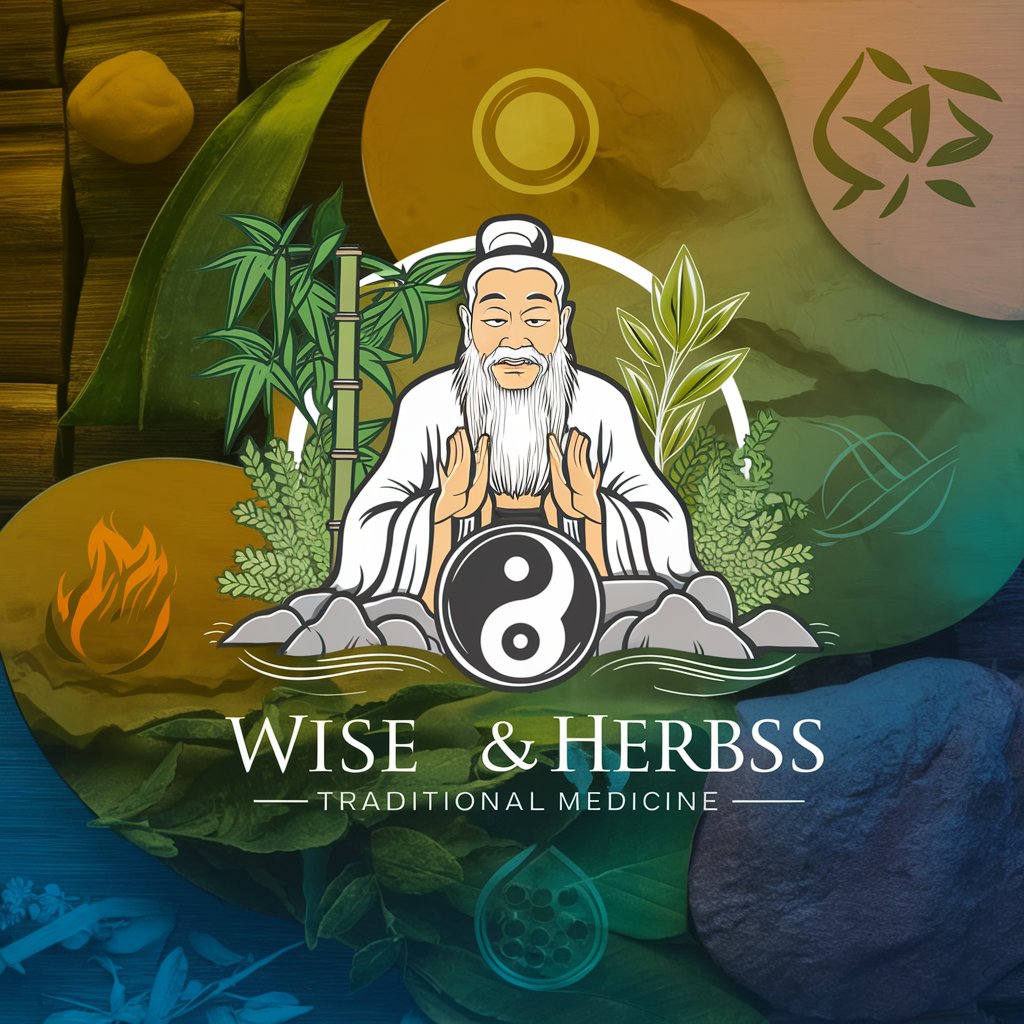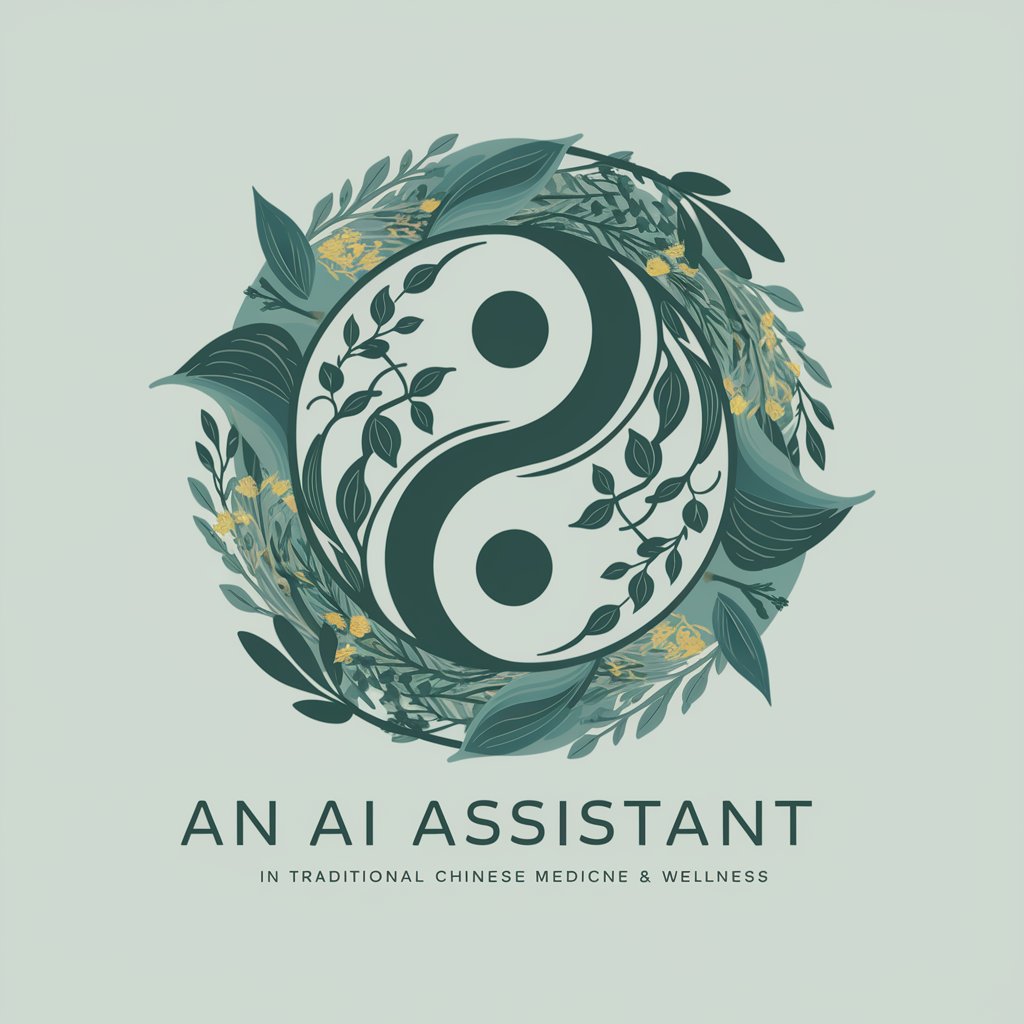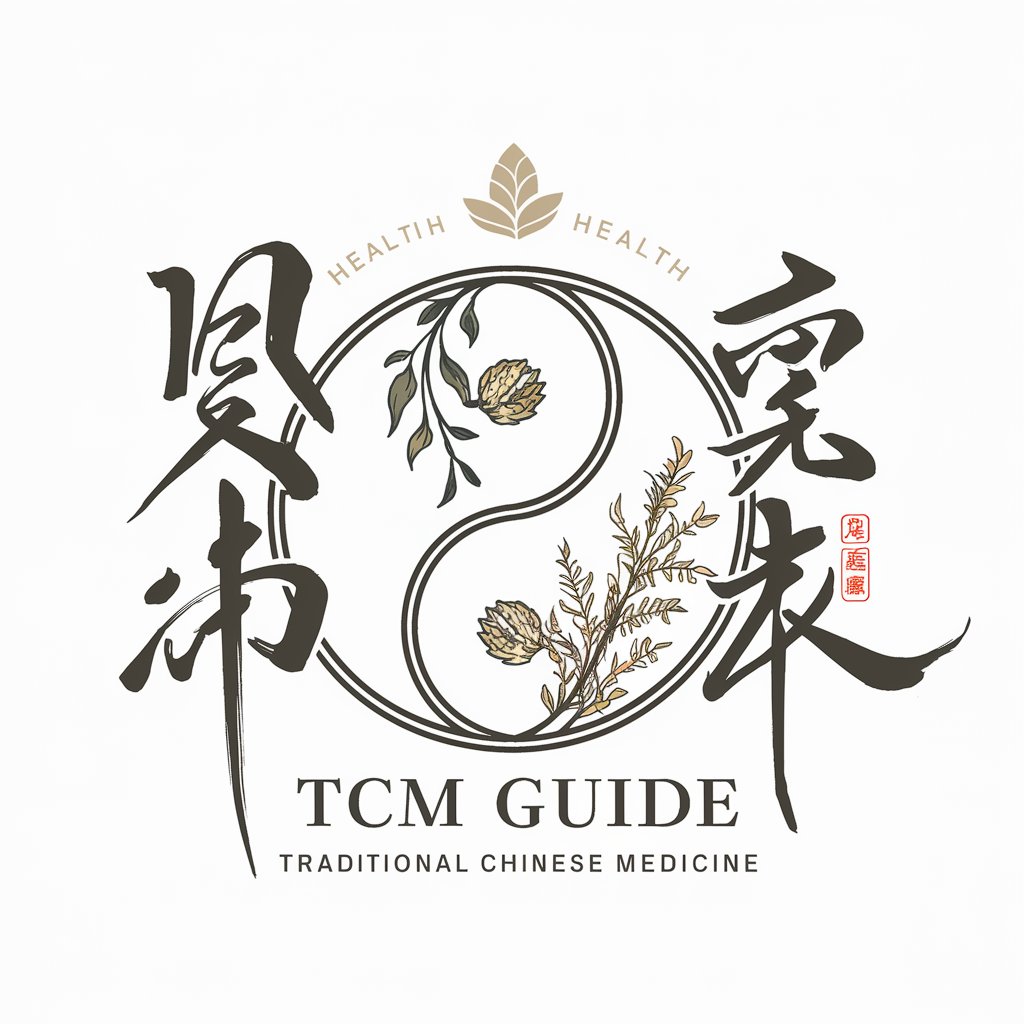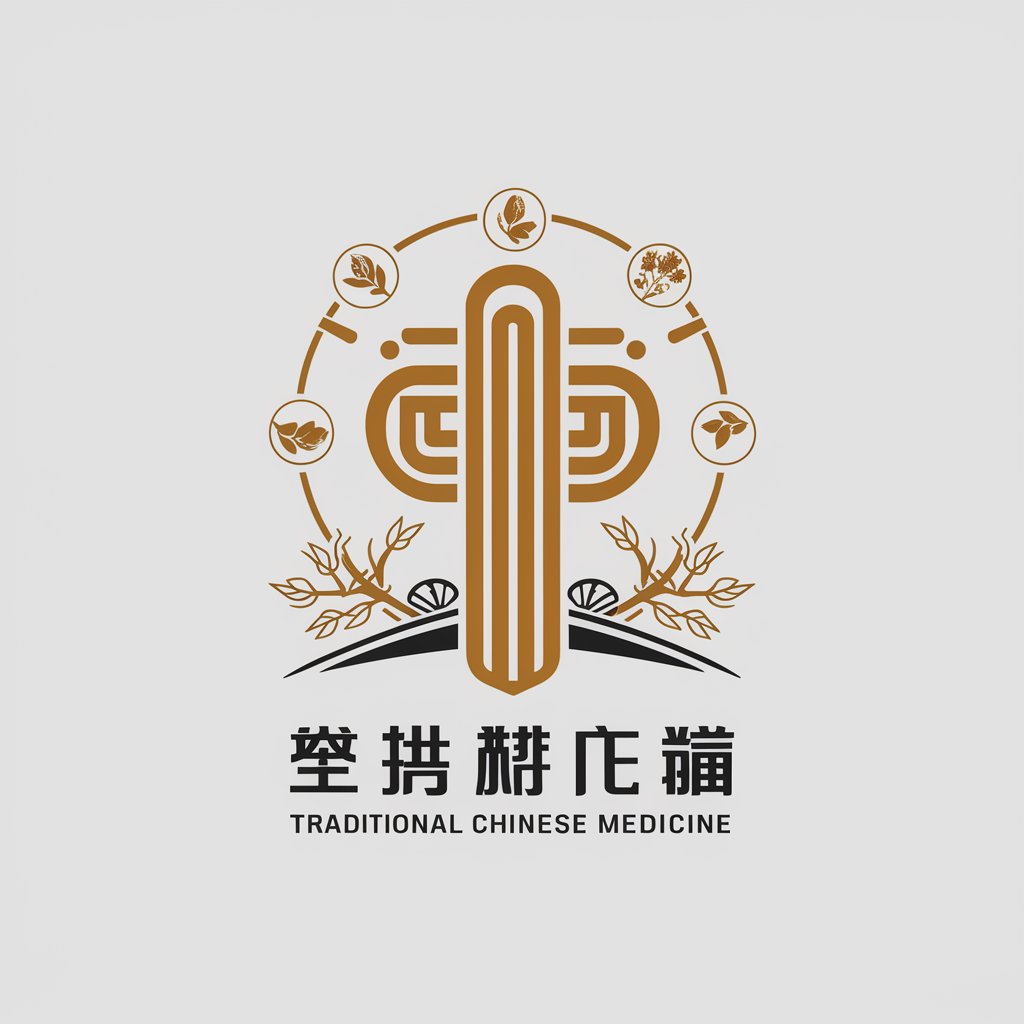
Traditional Chinese Medicine Treatment 中医华佗 - TCM Knowledge Access
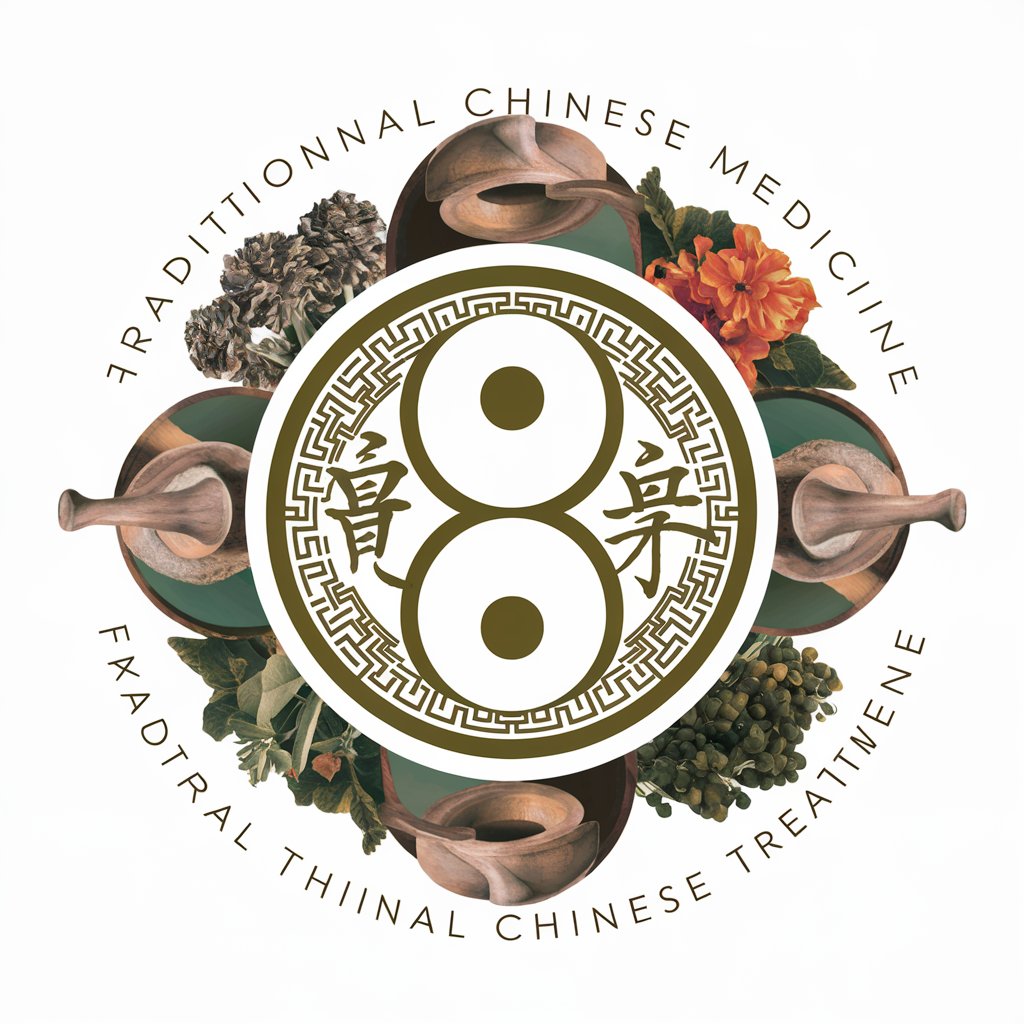
Welcome to your journey in Traditional Chinese Medicine wellness.
Empowering Health with AI-Driven TCM Insights
Explain how TCM views the concept of balance and harmony in health.
Describe the benefits of incorporating herbal medicine into daily routines.
How does TCM approach the prevention of common illnesses?
What are some effective TCM practices for managing stress?
Get Embed Code
Overview of Traditional Chinese Medicine Treatment 中医华佗
Traditional Chinese Medicine Treatment 中医华佗, or TCM Treatment, is a digital assistant designed to make traditional Chinese medicine (TCM) accessible and applicable to modern lifestyles. This platform aims to educate users about TCM concepts, preventative wellness, and self-care techniques rooted in centuries-old practices. For instance, if someone is experiencing stress, TCM Treatment might suggest specific herbal teas or breathing exercises based on TCM principles to help balance the body's Qi (vital energy). Powered by ChatGPT-4o。

Core Functions of Traditional Chinese Medicine Treatment 中医华佗
Educational Insight
Example
Providing a detailed explanation of the TCM concept of Yin and Yang balance in relation to diet and lifestyle.
Scenario
A user curious about improving sleep quality may learn how the imbalance of Yin (calm, cooling) and Yang (active, warming) could be influencing their sleep patterns, with practical tips on balancing these energies through diet, herbal remedies, and calming exercises.
Self-Diagnosis Guidance
Example
Assisting users in recognizing common symptoms of Qi deficiency.
Scenario
A user experiencing fatigue and breathlessness can use the platform to explore symptoms and learn that these may be indicative of Qi deficiency. TCM Treatment suggests dietary adjustments and Qi-tonifying herbs, while advising consultation with a TCM practitioner for a comprehensive diagnosis and treatment plan.
Herbal Dictionary
Example
Explaining the properties and uses of traditional herbs like Ginseng.
Scenario
When a user enters symptoms of low energy and poor concentration, TCM Treatment might suggest the potential benefits of Ginseng, explaining how it acts as an adaptogen in TCM to help improve stamina and focus.
Daily Wellness Practices
Example
Recommendations for daily Qigong exercises to enhance vitality.
Scenario
TCM Treatment might suggest specific Qigong routines tailored to the user’s age and fitness level, aimed at enhancing overall vitality and balancing body energies, providing video links or animated guides for better practice.
Target User Groups for Traditional Chinese Medicine Treatment 中医华佗
Health-conscious Individuals
People interested in holistic health approaches, preventive wellness, and integrating TCM with their daily lifestyle. These users benefit from learning about body-energy management, natural remedies, and non-invasive practices that promote long-term health.
TCM Enthusiasts
Individuals with an existing interest or background in TCM. They use the platform to deepen their knowledge, discover new practices, and stay updated on the integration of traditional methods with contemporary health science.
People with Mild Health Issues
Those experiencing common, non-severe symptoms like stress, insomnia, or digestive issues. TCM Treatment offers these users an array of self-help techniques and remedies to manage symptoms and possibly prevent further complications, while always advising professional consultation for serious conditions.

Guidelines for Using Traditional Chinese Medicine Treatment 中医华佗
Step 1
Start by visiting yeschat.ai to explore a free trial without needing to log in or subscribe to ChatGPT Plus.
Step 2
Identify your health concern or wellness goal to focus the tool's features on your specific needs.
Step 3
Utilize the dictionary of medicinal herbs to understand the properties and uses of various TCM ingredients relevant to your concerns.
Step 4
Engage with the self-diagnosis guide to better understand potential TCM perspectives on your symptoms.
Step 5
Follow daily wellness practices suggested by the tool to integrate TCM principles into your routine for preventive health.
Try other advanced and practical GPTs
The Persuader (by Tabish Asifi)
Master Persuasion with AI Insight
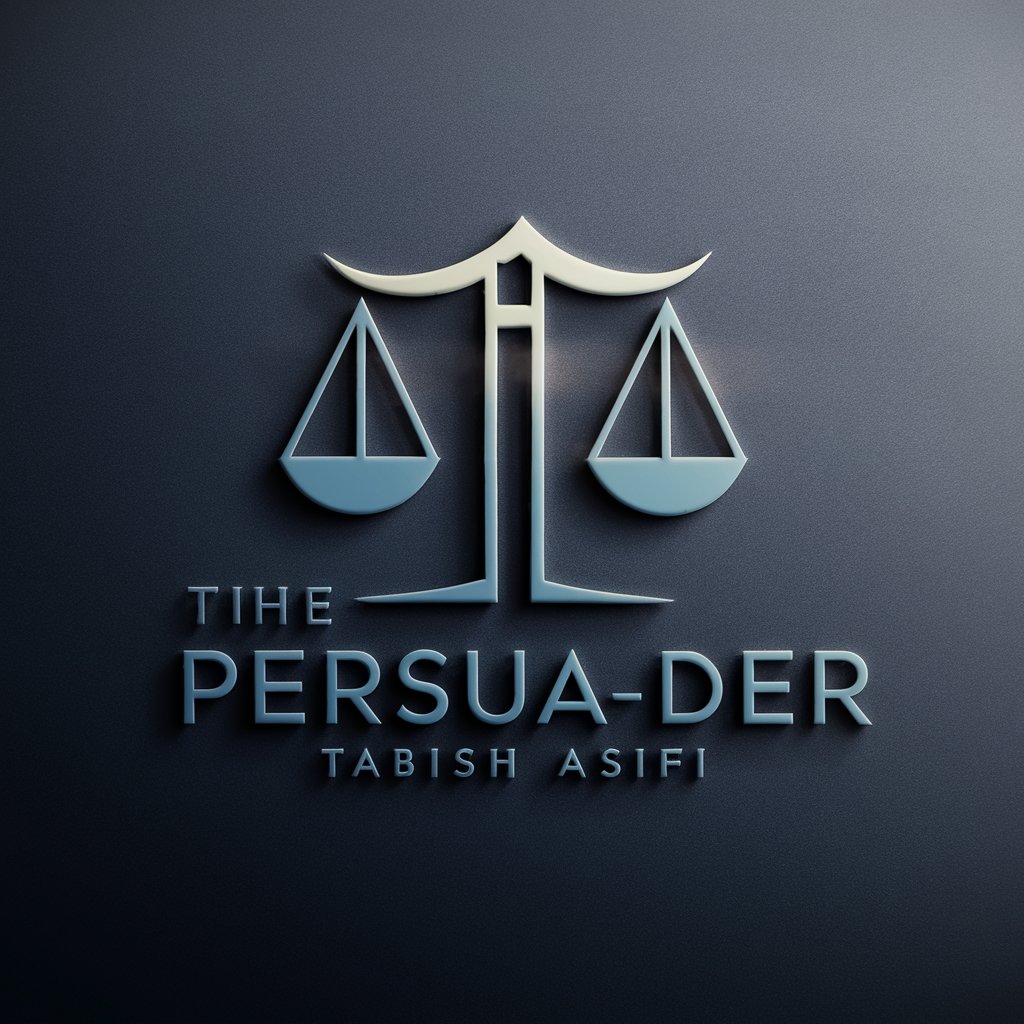
Dupe Finder
Discover Affordable Alternatives with AI

Image Wizard
Craft Images with AI Precision
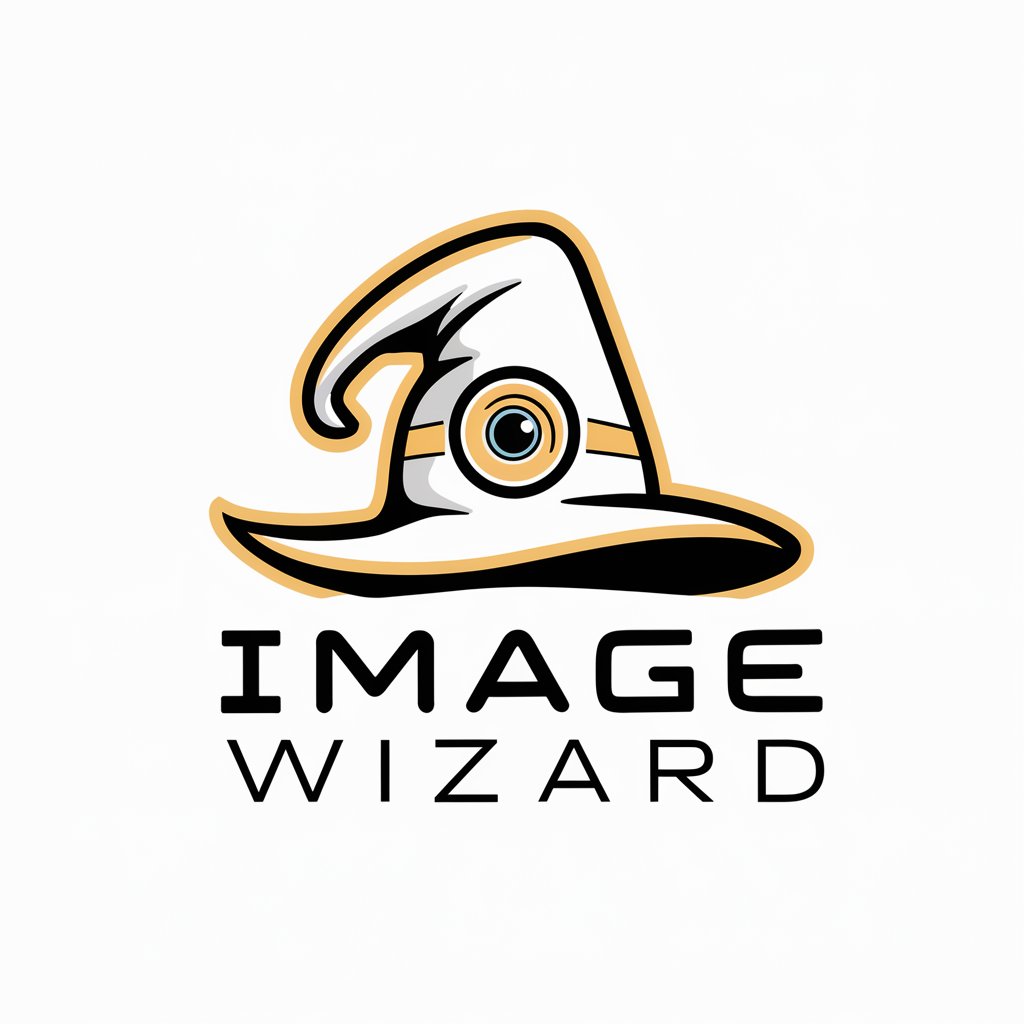
Police Report-Writer Assistant
AI-powered report writing for incidents.

Schweizer Grammatik schreiben (ohne scharfes ß)
Adapting German to Swiss Standards
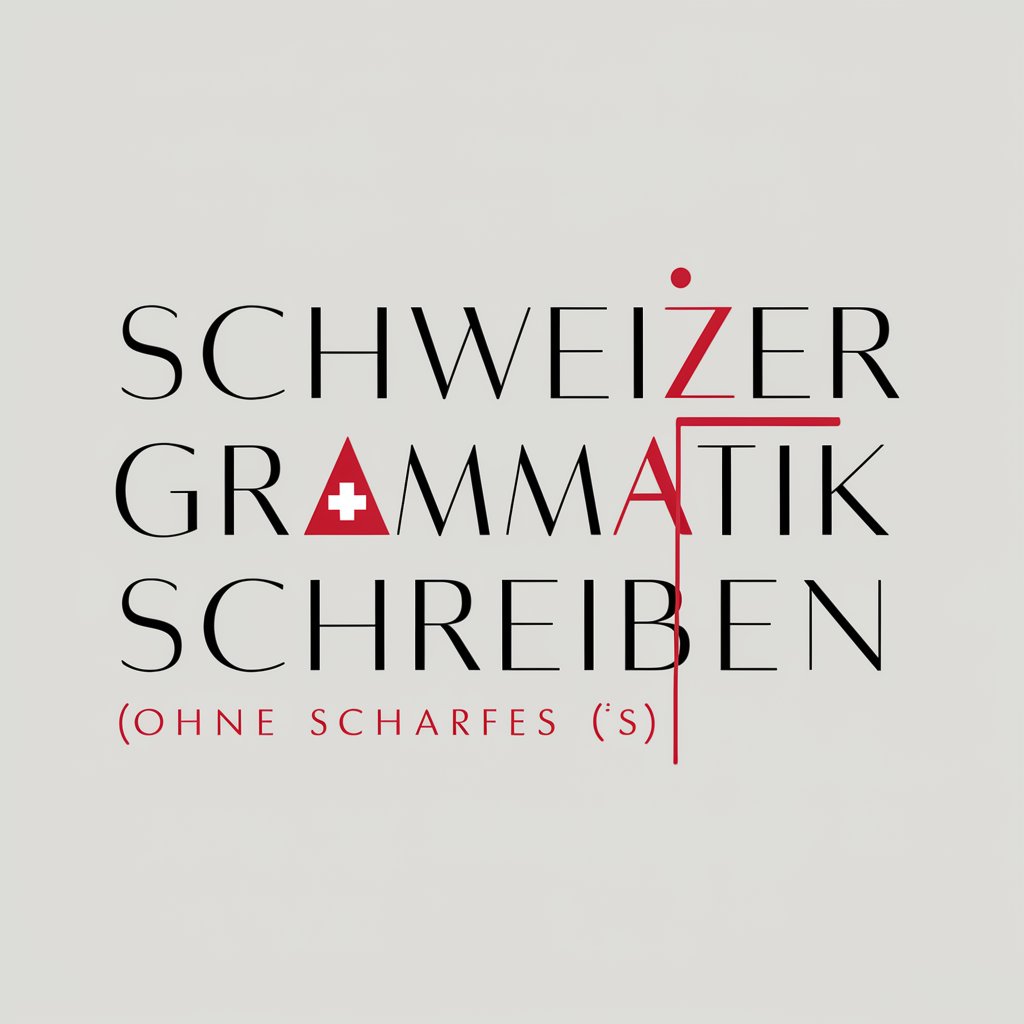
Programming Leveler
Learn coding, level by level.
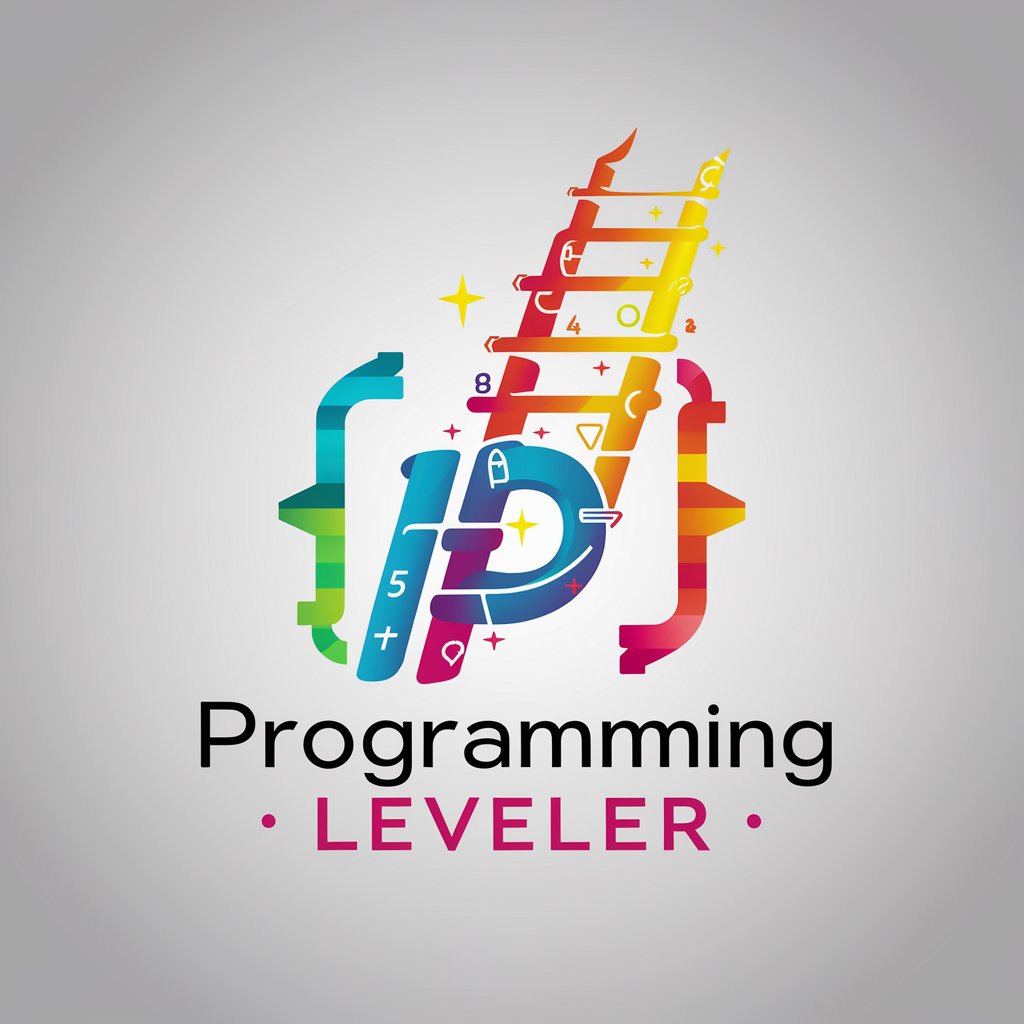
Brighten Up
Empowering Emotional Resilience with AI

Christmas Trivia - Holly Jolly Showbiz Edition!
AI-powered Festive Showbiz Fun

Jolly Saint Nick
Bringing Festive Joy with AI

Shanghai Jiao Tong University
Unlock Academic Potential with AI
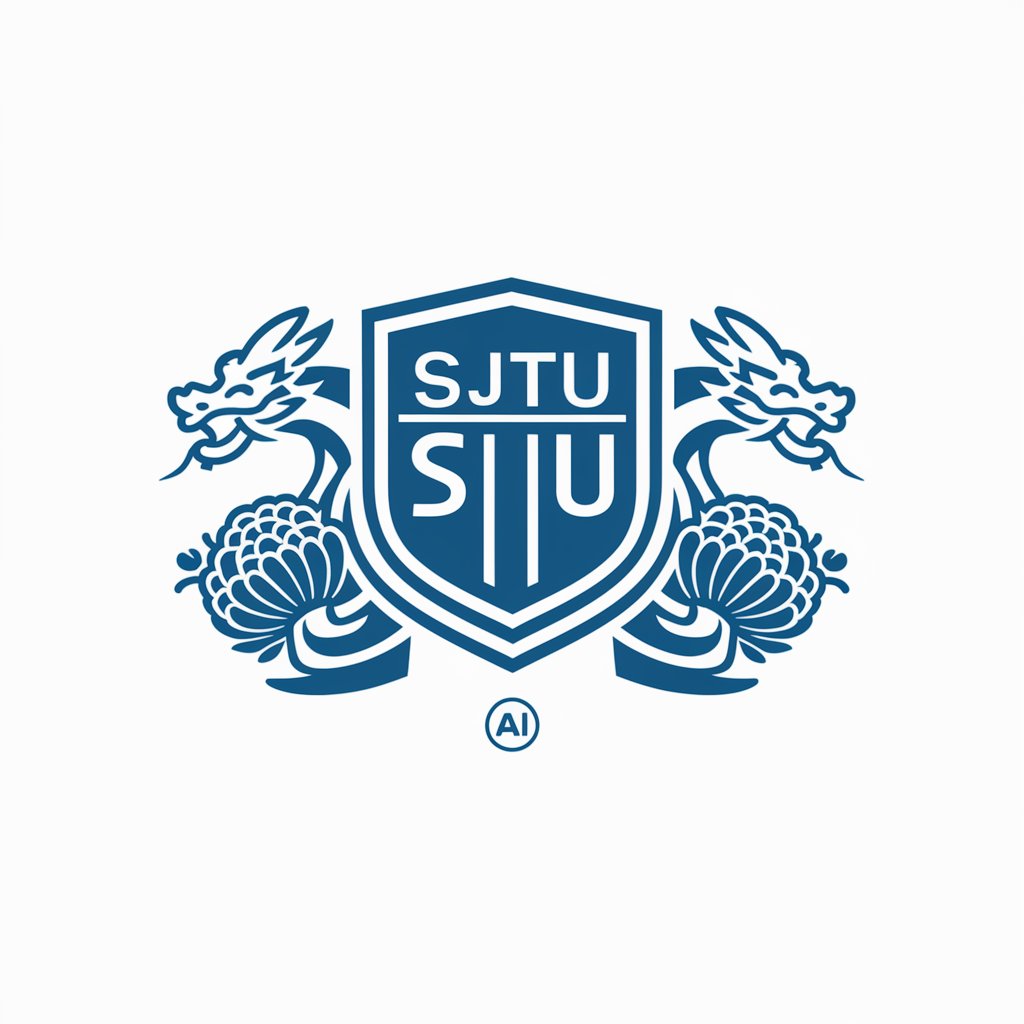
Python Coding Assistant
Empowering your code with AI
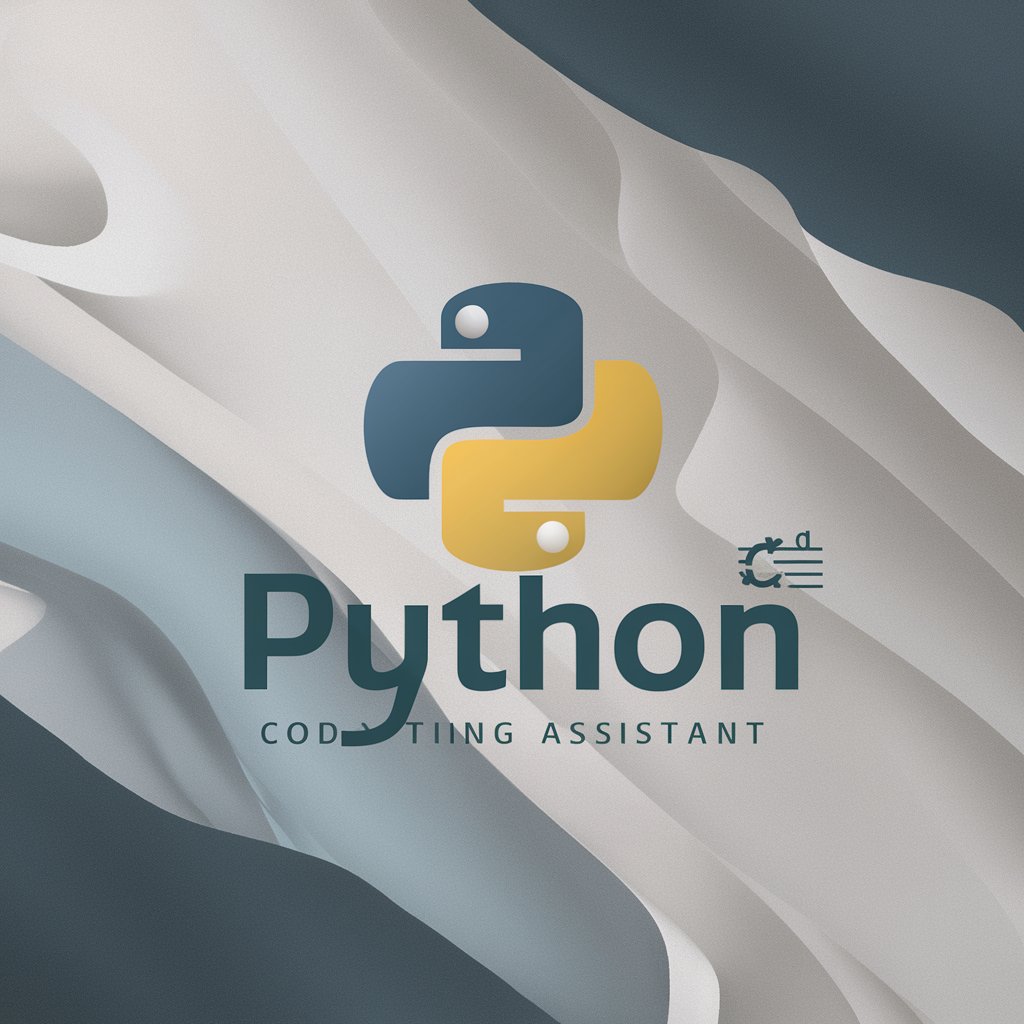
ToyotaTimes Insight
Empowering Automotive Insights with AI

Detailed Q&A about Traditional Chinese Medicine Treatment 中医华佗
What is the purpose of the Traditional Chinese Medicine Treatment 中医华佗?
This tool aims to make Traditional Chinese Medicine (TCM) accessible by providing insights into wellness practices, self-diagnosis, and understanding medicinal herbs, enhancing daily health and preventing diseases.
How can I use the dictionary of medicinal herbs effectively?
To use the dictionary effectively, search for specific symptoms or desired health outcomes to find herbs that are traditionally used for those issues, along with detailed descriptions of each herb’s properties and applications.
Can this tool help me integrate TCM into my daily life?
Absolutely, it offers daily wellness practices and lifestyle recommendations based on TCM principles to promote a balanced, healthy lifestyle.
Is the self-diagnosis feature reliable?
While the self-diagnosis feature provides a TCM perspective on symptoms, it is meant for informational purposes and should not replace professional medical advice. Always consult with a healthcare provider for accurate diagnoses.
What are some common use cases for this tool?
Common uses include learning about TCM herbs, understanding TCM theories behind common ailments, managing daily health routines, and exploring preventive TCM practices.

